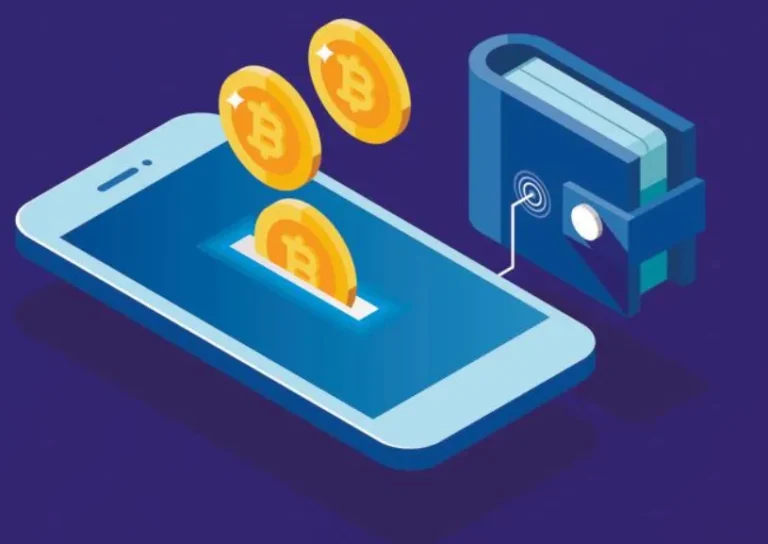Cryptocurrencies have evolved into an exciting asset class that moves very fast. With great opportunity, however, comes a necessity for great responsibility—most of all in the safekeeping of one’s digital holdings. Enter the crypto wallet.
A crypto wallet does not hold your cryptocurrency. Instead, as will be made clear in this overview, it is created for secure storage of the private keys that give one access to holdings situated on the blockchain—the public, decentralized ledger. The type of crypto wallet you use will bear massively on how secure or accessible your digital assets will be.
The following article will help one choose the correct crypto wallet for individual needs.
Understanding Your Needs
Before jumping into wallet features, take some time to consider how you plan on using your cryptocurrency. Here are some key questions to ask yourself:
- How much crypto am I planning to hold? Are you a casual investor with a small amount of crypto, or are you a serious hodler with a significant portfolio?
- How often will you be accessing your crypto? Are you going to trade frequently, or is your holding relatively static?
- What level of security am I comfortable with? Are you willing to back maximum protection, even if it will somewhat stricken your convenience?
Additionally, consider if you need to sell bitcoin instantly or if you can afford a delay in the transaction. This can influence the type of wallet that best suits your needs, particularly if you’re frequently trading or cashing out. Platforms like Abstract Chain offer integrated wallet solutions that prioritize security and convenience, making it easier to manage and access your digital assets efficiently.
Hot Wallets vs. Cold Wallets
There are two major categories of crypto wallets: Hot and Cold. Each has its explicit pros and cons:
Hot Wallets:
- Convenience: Hot wallets are generally easier to use and convenient for everyday transactions. Most of them are software-based applications one can log into on a computer or smartphone. Some crypto exchanges have built-in hot wallets.
- Security: As hot wallets are online, they are incredibly vulnerable to hacks.
Cold Wallets:
- Security: Using a cold wallet is the most secure way to store cryptocurrency. In essence, these are hardware devices that keep your private keys offline, protecting them from online attacks.
- Convenience: The cold wallet is less convenient to be connected physically to your computer to access crypto for everyday transactions.
Other Considerations
Despite the argument for and against the use of a hot wallet, other factors should be worthy of consideration in selecting an appropriate crypto wallet:
- Supported Cryptocurrencies: Make sure that it supports the kind of cryptocurrency in your wallet or any other if you are looking to invest in them. Not all wallets support every cryptocurrency.
- Security Features: Go for wallets with robust security features like two-factor authentication and multi-signature support; that is, the wallet requires multiple keys to enable access to funds.
- Reputation: Go for a wallet offered by a reputable company with a clean record in terms of security: research online reviews and user experiences.
- Fees: Some charge a fee for transactions, and some are free. Consider fees in choosing.
- Ease of Use: If you’re a beginner, prioritize a user-friendly interface that makes navigating the wallet simple.
- Customer Support: Reliable customer support that will help you in case of any issues with your wallet.
Best Security Practices
Regardless of your wallet, following security best practices is the most significant protection that keeps your crypto safe. Here are some tips:
- Never disclose your private keys to anyone.
- Use strong passwords and enable 2FA on your wallet.
- Keep your software up to date.
- Be careful of phishing; users must download wallet software only from its official source.
Conclusion
The first step to securing digital assets is choosing the correct crypto wallet. You could make practical decisions on how to protect your cryptocurrency investments best once you know what’s required, consider diverse wallet options available, and give precedence or priority to security above all else. A glove fits all saying goes that, so take it upon yourself to get time and research a wallet that best fits your crypto journey.
